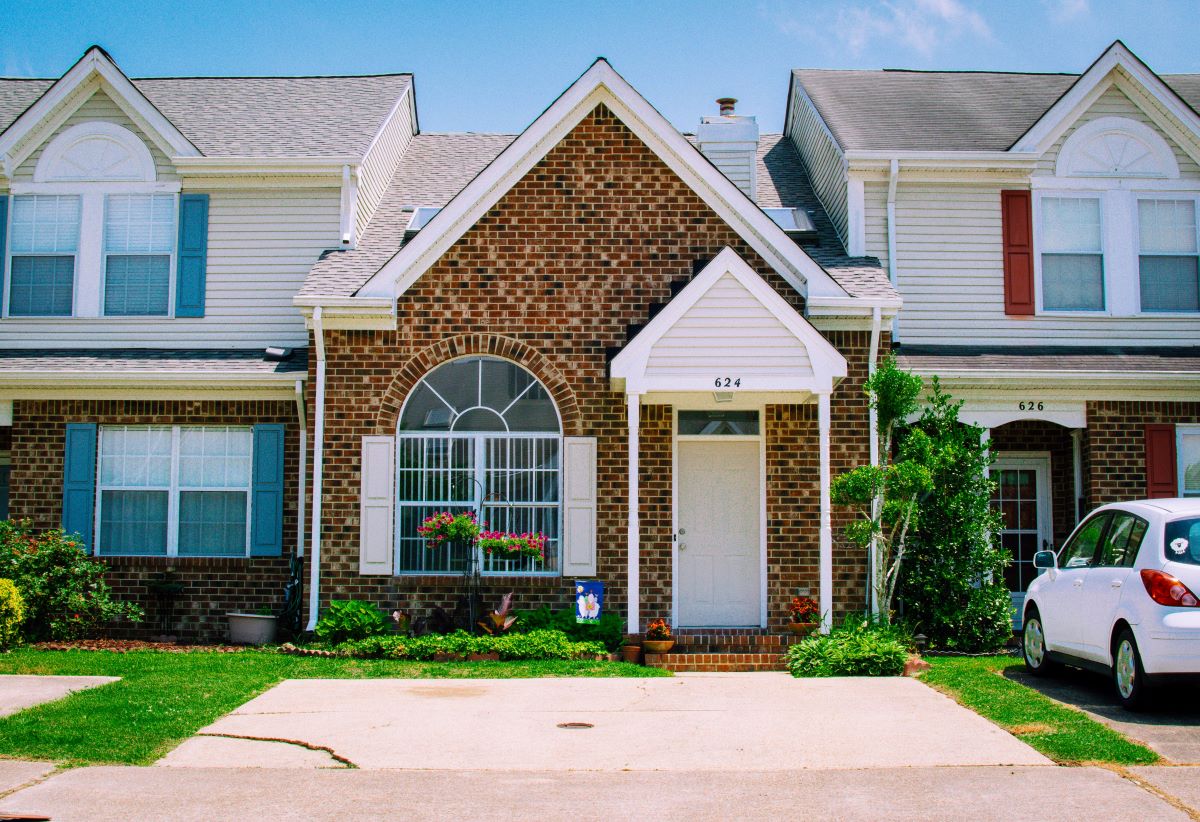

Agent A-Team or Solo Superhero? Finding the Right Real Estate Partner for Your Selling Journey in Wildwood Florida
When it comes to selling your home in Wildwood, Florida,…
January 29, 2024
When it comes to real estate, one of the most crucial questions homeowners and potential buyers face is determining the value of a property. With the advent of technology, home value estimators have become a popular tool for gauging a property’s worth. However, their accuracy often raises eyebrows. In the vast expanse of Texas, where the real estate market can vary widely from one city to another, understanding the factors that influence the accuracy of these estimators is paramount. In this guide, we’ll embark on a journey to unravel the complexities of home value estimator accuracy in the Lone Star State. By the end of this article, you’ll be equipped with the knowledge to decipher these estimations and make informed decisions.
Before delving into the intricacies of accuracy, let’s grasp the role of home value estimators. These digital tools, often provided by real estate websites, use a combination of algorithms, data analysis, and market trends to provide an estimate of a property’s value. They offer a quick and convenient way to gauge a property’s worth without the need for a formal appraisal. However, their accuracy can vary widely, especially in a diverse state like Texas.
It’s no secret that location plays a pivotal role in real estate. In Texas, where the housing landscape varies greatly, the accuracy of home value estimators heavily depends on the specificity of location data. Urban areas like Austin might see more accurate estimations due to the abundance of data, while estimations for rural areas could be less precise due to limited data points.
The real estate market is dynamic, with trends and economic factors constantly shifting. Home value estimators rely on historical data and trends to make predictions. In Texas, where cities like Houston and Dallas can experience rapid market fluctuations, the accuracy of these estimators might waver during tumultuous times.
The specifics of a property, including its size, layout, and any upgrades, significantly influence its value. Home value estimators use existing data to extrapolate how these factors impact the price. However, unique features and recent upgrades might not be accurately captured, leading to potential discrepancies.
Estimators often use a method called “comparable sales” or “comps” to assess a property’s value based on similar properties in the neighborhood. In Texas, neighborhoods can transition from one block to another, making accurate comparisons a challenge. This can affect the precision of estimator results.
Statewide economic trends, tax regulations, and even environmental factors can sway property values. In Texas, where energy markets and regulatory policies can have significant impacts, these external influences can pose challenges to the accuracy of estimators.
The accuracy of home value estimators rests on the quality of data they use. In Texas, where counties and cities differ in data availability and accessibility, the reliability of estimations can vary. Estimators heavily reliant on MLS data might be more accurate in areas with robust MLS coverage.
While home value estimators might not always be spot-on, there are steps you can take to improve their accuracy when using them for reference.
Garbage in, garbage out. When using a home value estimator, ensure you input accurate property details. Even minor errors in square footage or number of bedrooms can lead to significant discrepancies.
Different estimators use varying algorithms and data sources. Cross-referencing estimates from multiple sources can provide a more well-rounded understanding of a property’s potential value.
Nothing beats the expertise of a local real estate agent. They have a deep understanding of the nuances of the Texas market and can provide insights that digital tools might miss.
Navigating the world of home value estimators in Texas demands a discerning eye. Understanding the factors that influence their accuracy empowers you to make informed decisions, whether you’re selling, buying, or simply curious about property values. Remember, while these tools offer convenience, they are not infallible. Embrace them as a starting point, but always consider consulting professionals for a more comprehensive understanding of the Texas real estate landscape.
While home value estimators can provide a general idea of property value, their accuracy can vary due to factors like location, market trends, and property specifics. Consulting multiple sources and professionals is advisable for a well-rounded perspective.
Absolutely. Economic trends, regulatory changes, and industries like energy can influence property values in Texas. These factors might not always be accurately captured by estimators.
The accuracy of the output is only as good as the input data. Even small errors can lead to significant discrepancies in the estimated value. Accurate data ensures a more reliable estimate.
Texas’s diverse real estate landscape, with urban hubs, rural areas, and varying regulations, poses challenges to estimator accuracy. Limited data availability in certain regions can impact the reliability of estimates.
While estimators can provide a starting point, it’s advisable to consult a local real estate professional. They have a deep understanding of Texas markets and can provide personalized insights that digital tools might miss.


If you want the Richr team to help you save thousands on your home just book a call.

